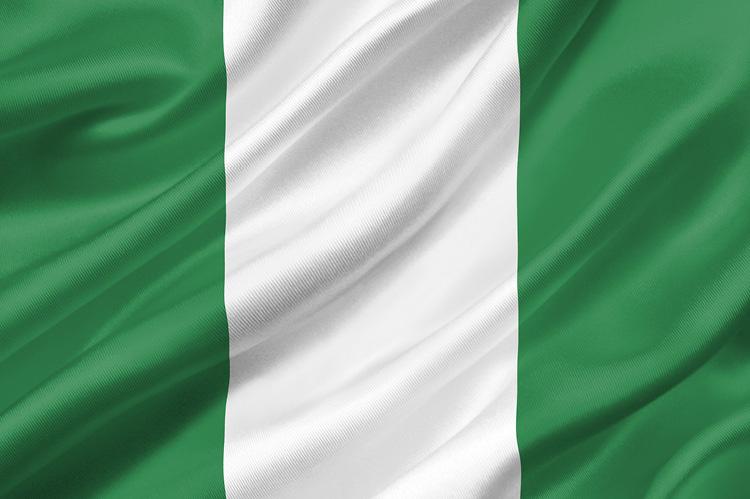Nigeria Eyes Morocco Pipeline to Supply Gas to Europe as Trans-Sahara Plans Crumble

Gas-rich Nigeria is exploring a new route to deliver its vast natural gas reserves to Europe, turning its attention to a 5,600-kilometer pipeline to Morocco after diplomatic tensions scuttled a long-mooted project through Niger.
Africa's biggest oil producer declared 2023 the "decade of gas" and set its sights on becoming a major supplier to Europe as the continent seeks alternatives to Russian fuel.
However, insufficient deepwater gas projects and export infrastructure limited its ability to capitalize on the opportunity.
Hopes initially rested on the $13 billion Trans-Saharan gas pipeline, stretching from Nigeria to Algeria through Niger. But relations between Nigeria and Niger froze after a July 2023 coup in the latter, prompting regional sanctions and jeopardizing the project's viability.
With the Trans-Saharan pipeline facing an uncertain future, Nigeria is now focusing on the Nigeria-Morocco Gas Pipeline, a 3 billion cubic feet per day conduit traversing 13 West African countries.
Talks in January between Nigerian and Moroccan officials aimed to expedite the project's final investment decision. Both sides emphasized the strategic importance for their nations and the continent, highlighting the potential to alleviate energy poverty and boost regional cooperation.
The pipeline proposal builds upon a 2017 agreement and a 2022 MoU. It would connect to the existing West African Gas Pipeline and terminate in Morocco with a spur to Spain. While all participating nations have expressed interest, analysts caution that financing and other hurdles remain.
"This recent announcement is likely an attempt to highlight government efforts, particularly concerning gas," said Ida Hockerfelt, a senior analyst at S&P Global. "However, there are still a number of issues remaining to be solved, not least relating to financing."
Early estimates put the cost at $25 billion, and analysts point to years of work ahead, if the project materializes. The urgency stems from Nigeria's struggles to meet Europe's growing gas demand amid declining oil production due to underinvestment and theft.
With North African countries like Algeria stepping up gas exports to Europe, Nigeria hopes to overcome obstacles and establish itself as a key player in the continent's evolving energy landscape.
